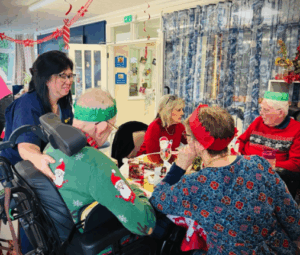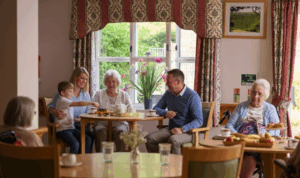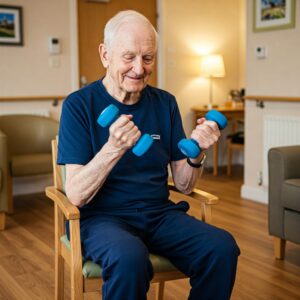Blog
-

Life Inside Splendid Healthcare Homes at Christmas
-

Christmas Across Our Care Homes
-

Duty of Care in Health & Social Care
-

What Is Lasting Power of Attorney?
-

When Should an Elderly Parent Stop Living Alone?
-

Essential Questions to Ask When Contacting or Visiting a Care Home
-

CQC-Rated Care Homes in West Sussex
-

Financial Support for Care Homes in West Sussex
-

Benefits of Staying Active in a Care Home
-

What to Expect from Nursing Homes – Care Seekers Guide
-

How Do I Arrange a Break from Caring?
-

What is Palliative Care?
